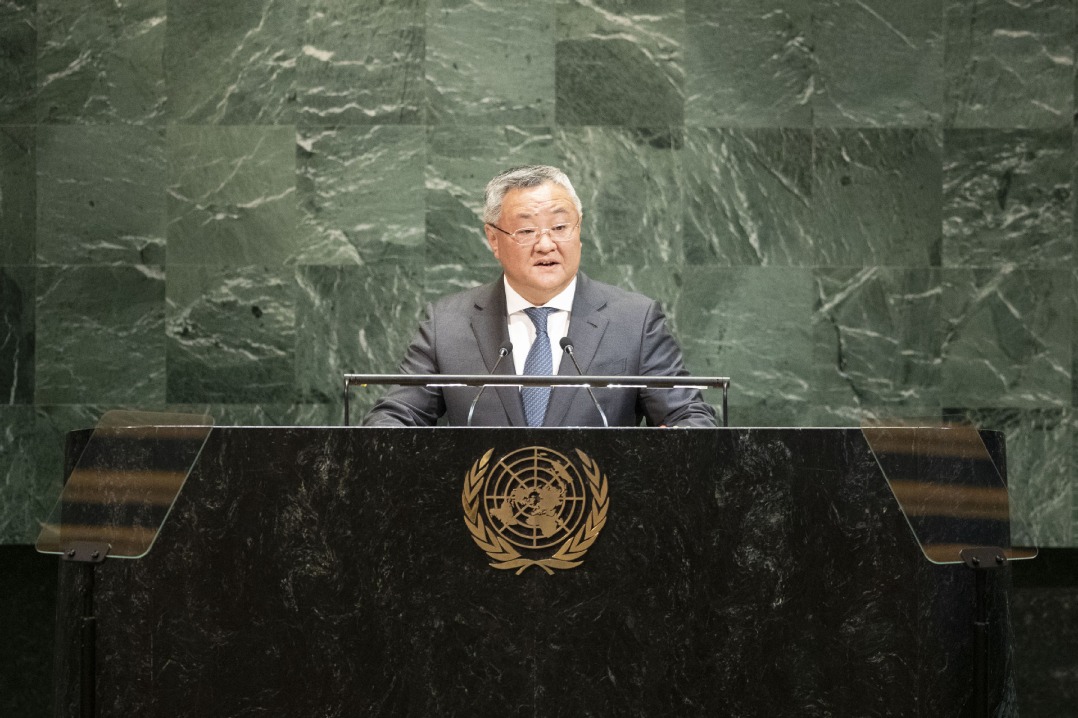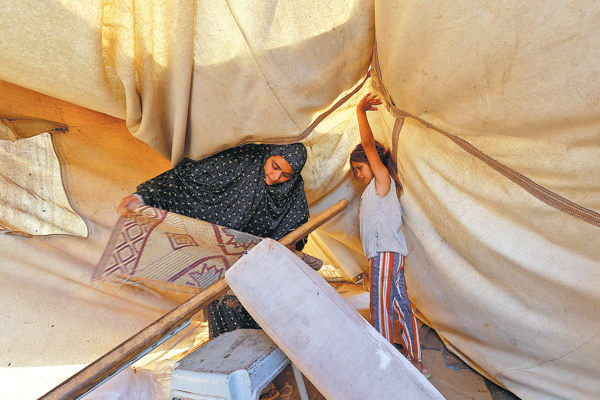Chinese scientists have a plan to grow potatoes on the moon
By Zhao Xinying in Beijing and Tan Yingzi in Chongqing | China Daily | Updated: 2017-06-15 07:35
Chinese scientists want to grow potatoes on the moon.
Although similar to the plot of the Hollywood movie The Martian, in which the central character plants potatoes on Mars, the Chinese scientists had been working on the project before the movie arrived in the country, said Zhang Yuanxun, an engineering researcher at the Center of Space Exploration, which is conducting the experiments.
The plan is to carry two kinds of plants and one animal species in an aluminum vessel that will land on the surface of the moon with China's Chang'e 4 lunar probe in 2018.
The 3-kilogram vessel, called a moon-surface mini ecosphere, has a diameter of 16 centimeters and a height of 18 cm. Made of a special aluminum alloy, it will carry silkworm eggs, seeds from potatoes and cress, as well as water, soil, air and scientific research tools.
Founded by the Ministry of Education in 2009, the center is located at Chongqing University in Southwest China. Scientists in fields including biology, telecommunication, engineering, materials and aeronautics and astronautics - from the university and other research institutes across the country - are participating in the project.
According to Zhang, the vessel will retain the proper humidity and temperature for each life-form.
"Natural light on the surface of the moon will also be carried into the vessel through light pipes to assist the growth of the plants inside," he said.
The sprouting and blooming of the plants and the incubation of the silkworm eggs will be live-streamed to people all over the world using cameras inside the vessel, said Xie Gengxin, chief designer of the project and deputy director of the center.
"We have considered a lot of factors, including weight, when selecting the plants and animals taken to the moon, as only 3 kilograms are allowed," he said.
Zhang said the long-term goal is to explore ways of enabling astronauts to support themselves by planting food on other planets.
























